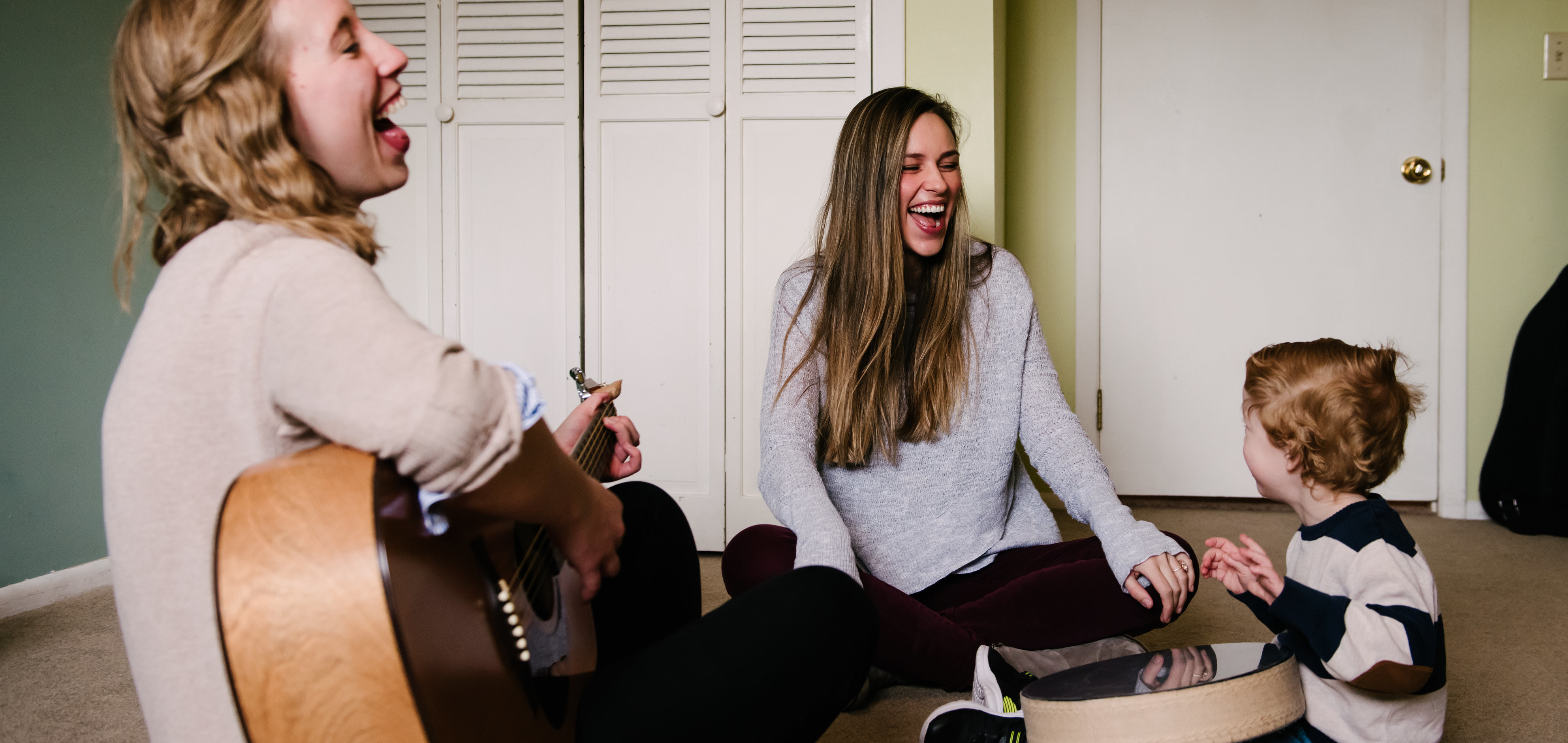The Impact of Music on Speech Therapy
For many decades, music has been an important part of daily care for children with speech impediments and hearing-impaired children. There have been a lot of studies that examine the role of music in people’s general health as well as an effective intervention when it comes to speech and language problems. It only makes sense that for children and adults who suffer from speech issues, music should be considered as part of their intervention.
Music, Speech, Language
Language and music are connected at a very basic level. Both require higher brain function and it also involves cognitive skills such as attention, memory, and categorization. Grammar and music also make use of structures that follow a specific order in order to make sense and appreciated it.
Also, music and speech have a similar pitch. Musical sequences follow a specific interval and speech also uses frequencies when it comes to intonation, as is the case when people ask a question, make a statement, or make an exclamation. This characteristic of speech is called contour and it is one that even infants are able to detect.
Therapeutic benefits of music
Besides language, music has a lot of therapeutic benefits. It has been proven that auditory stimulation can improve listening skills, even for people who are hard of hearing. It can also help to improve how the brain processes information which can boost skills in areas like behavior and coordination.
A study done in 2011 explored how music impacts social skills, another aspect of communication. Half of all the participants in the study exhibited signs of improved communication and problem-solving skills, as well as their ability to work well in groups and in interacting with other people.
There is also compelling evidence that the type of music used for therapy has an enormous impact on the outcome. In a study that was one to explore the difference in brain function between musicians and non-musicians, it stated that brain function was significantly increased when the participants listened to classical music as opposed to rock music.
Music and speech
It is also revealed that there is a close relationship between music and speech. A study was done in 2013 in which six experts who are trained professionals in music theory were asked to determine the key in a sample music score. The timescales in the samples were restricted to closely match with speech processing. It was observed that the processing used in decoding speech is also used when it comes to music.
Music for speech-language therapy
There are a lot of ways music can be used in speech therapy. One way is through simple auditory stimulation. As previously mentioned, it can expand the brain’s ability to process information which can be beneficial in areas such as behavior, skill, sensory integration, and coordination. Therefore, clients who listen to music may improve their speaking skills as well as their ability to focus. Auditory stimulation can even be done through virtual speech therapy sessions.
For adults with speech problems due to stroke, many patients have found benefit from Melodic Intonation Therapy. This is a type of therapy that is often used in cases where the brain is damaged. The theory is rooted in the practice that using the intact hemisphere of the brain will slowly help recover speech skills that have been lost in the damaged part of the brain. For example, if a patient loses their ability to speak because the left side of the brain has been damaged, MIT can be used in order to find new ways to communicate.
The therapy uses words and phrases supplemented by melodies to make speaking closely resemble that of speaking. This type of therapy also takes advantage of a person’s ability to sing which helps them improve their ability to speak.
For children, there are different ways that therapists can use music in their treatment sessions with children. The goal is to help with their language development, improve their speech production, and aid in their overall communication skills. In a study done in 2011, it was concluded that children showed significant improvement in their social skills, problem-solving, and how they interact with peers when music was incorporated in their SLPs.
Post Author: Eliza Brooks
Eliza Brooks loves to write about personality development, mental and physical disabilities, and ways to overcome them effectively. She is currently working with Verboso, which offers online speech therapy for children to improve their speaking skills.


What are the most specific ways used to improve social, communication, and behavioral challenges; What would be the most common practice used on patients with those specific challenges?